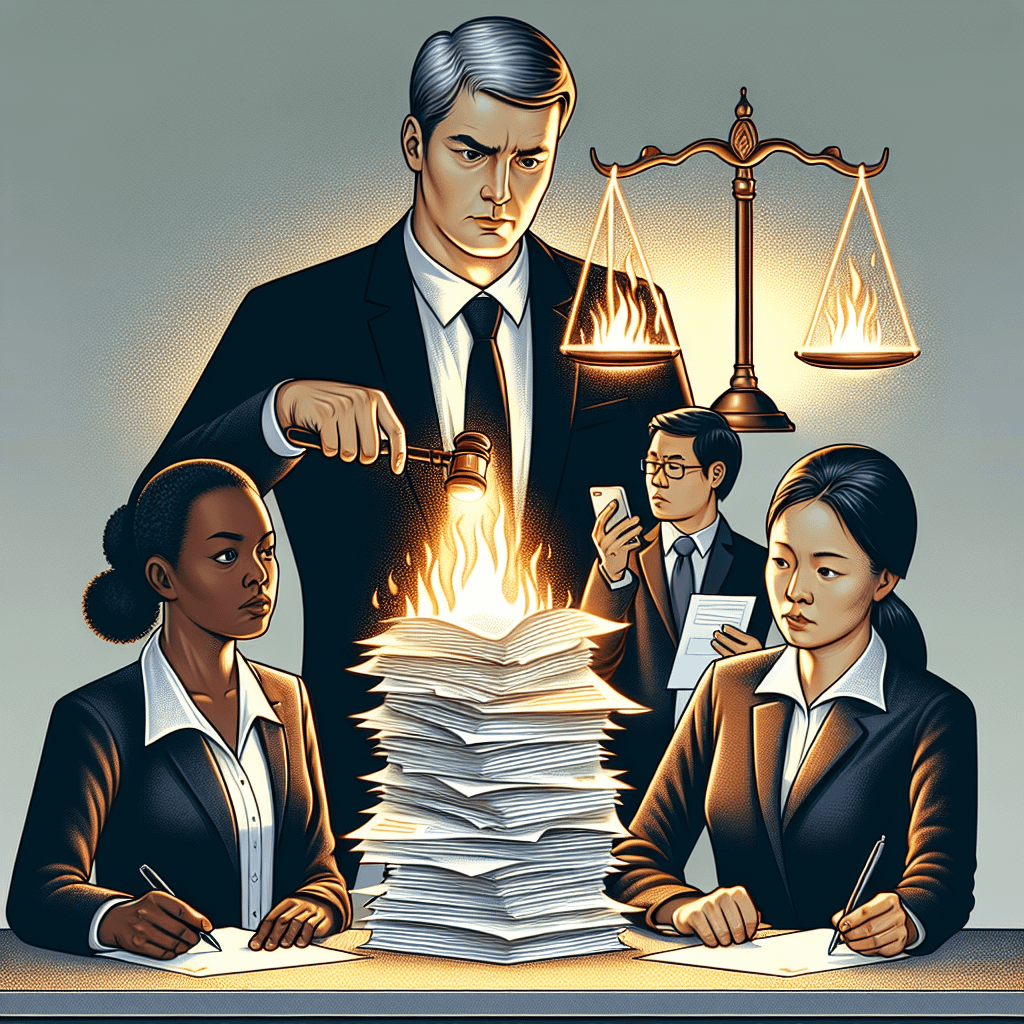Whistleblowers play a crucial role in maintaining transparency and accountability within organisations. When employees observe unethical or illegal activities at work, reporting these issues can sometimes put them at risk of wrongful termination. Fortunately, there are legal protections in place in Australia to safeguard corporate whistleblowers. This article explores these protections and offers some practical tips for individuals considering blowing the whistle.
Understanding Whistleblowing
Whistleblowing occurs when an individual reports misconduct within an organisation. This could involve a variety of issues, such as fraud, environmental damage, safety violations, or other illegal activities.
Legal Protections under Australian Law
In Australia, whistleblower protections are primarily provided under the Corporations Act 2001. This legislation ensures whistleblowers are shielded from repercussions when they disclose information about corporate misconduct. Here’s how these protections work:
1. Protection from Detrimental Conduct
Whistleblowers are protected from any detrimental action taken against them as a result of their disclosure. This includes termination, demotion, discrimination, harassment, or victimisation. An employer cannot legally act against a whistleblower for their decision to speak out.
2. Confidentiality of Identity
The law requires the identity of the whistleblower to be kept confidential, with very few exceptions. Sharing a whistleblower’s identity without their consent can lead to significant penalties for the offending party. This confidentiality is crucial in ensuring that individuals feel secure enough to report wrongdoing without fear of personal or professional consequences.
3. Right to Compensation
If a whistleblower suffers from a reprisal, they may have the right to seek compensation for damages. This could cover lost wages, psychological harm, or any related adverse effects on their life or career.
Qualifying for Protection
Not all whistleblowing activities are automatically protected under the Corporations Act. For protections to apply, certain criteria must be met:
- Eligible Whistleblower: The individual must be an employee, officer, contractor, or someone closely related to the organisation, such as a spouse or dependent.
- Qualifying Disclosure: The disclosed information must involve misconduct, illegal activities, or dangerous practices. Complaints about personal work-related grievances typically do not fall under protective provisions unless they have significant systemic implications.
- Proper Reporting Channels: The whistleblower should report the issue to an appropriate authority, which may include a regulatory body, a legal practitioner, or an individual specifically authorized by the organisation to handle such disclosures.
Practical Tips for Whistleblowers
1. Document Everything: Keep detailed records of the information you plan to report, including dates, times, locations, and evidence of the misconduct.
2. Know Your Rights: Understanding your legal protections can empower you if you’re considering reporting. Don’t hesitate to seek professional advice from a lawyer who specialises in employment or whistleblower law.
3. Use Authorised Channels: Ensure you report your concerns to authorised individuals or bodies. This helps in receiving the protection afforded by the law.
4. Consider Anonymity: If possible, avoid revealing your identity unless it is safe to do so. Using anonymous reporting methods can often protect you from personal backlash.
5. Seek Support: Whistleblowing can be an emotionally taxing process, so consider seeking support from trusted friends, family, or professional counsellors.
Conclusion
The protections available to whistleblowers are designed to create an environment where reporting misconduct can occur without fear of retaliation. While navigating these waters can be complex, understanding your rights and using the protections available can help ensure you’re safeguarded as you take this important step towards accountability. Always remember, uninterrupted legal guidance through the process can significantly impact the outcome, ensuring your actions are both safe and effective.








